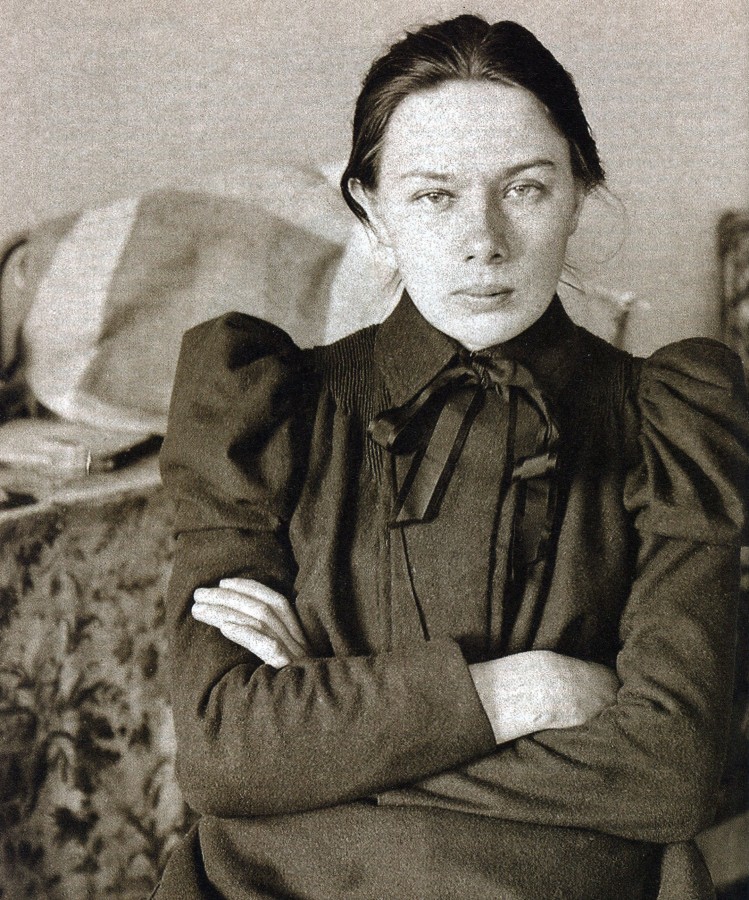Sabra and Shatila massacre was the 16–18 September 1982 killing of between 1300 and 3500 civilians—mostly Palestinians and Lebanese Shias—in the city of Beirut during the Lebanese Civil War. It was perpetrated by the Lebanese Forces, one of the main Christian militias in Lebanon, and supported by IOF that had surrounded Beirut’s Sabra neighbourhood and the Shatila refugee camp.
The Lebanese Phalanges Party is a far-right Lebanese party inspired by the European fascist and fascist-style youth movements.
The party, alongside its allies, committed horrific tragedies against humanity. I’m a Lebanese Marxist-Lenninist with a strong understanding of my country’s history , so I will try to explain them.
They committed the Black Saturday massacre of 1975, fueling the Lebanese sectarian divide during and after the civil war in Lebanon by dozens to hundreds in response to the assassination of party leader and founder Pierre Gemayel.
They committed the Karantina massacre of January 1976, attacking the Karantine district of East Beirut and specifically killed Palestinians and Muslims. Estimates vary from hundreds to several-hundred killed.
Following the Karantine massacre, on January 1976, they massacred civilians in the coastal town of Damour, killing an estimated 500-1000 and displacing many, known as the Damour massacre.
In Augast of the same year, they seized the Tel al-Zaatar Palestinian refugee camp, tragically murdering thousands.
In June 1978, Tony Frangieh (former president’s son) was killed alongside many of his family.
Finally, there is the well-known Sabra and Shatila massacre of 16–18 September 1982, which doesn’t need an introduction. Another thing to note: the revolutionary Marxists of Lebanon, including Goerge Ibrahim Abdallah (https://yewtu.be/watch?v=aqJhFmjCs8k), were of the defenders of Sabra and Shatila. Foreign imperialist “peace-makers”, including France and The United States claimed they will defend the camps, but we all know how that turned out. Like how the UN withdraw from Rwanda following Belgian imperialist commands, they allowed crimes against humanity to happen and did nothing to try to stop it.
While many stop there, that is not the end of it. Many more horrors were committed against Palestinians refugees.
After the civil war, “temporary” sectarian divisions were placed for “peace”. The sectarian divisions still remain, the government is as corrupt as a government can be, and Lebanon is in ruins. Instead of solving injustices, the government is now concerned with disarming the party that has defended Lebanon from invasion since 1982.
I can totally see the Phalangists being used by Israel again in the future, with the way things are going.
Here’s recent US secretary of state Antony Blinken’s thoughts on it in the 80s:
the horrors of Shatila and Sabra obscure what we must hope will be the Jewish state’s eventual salvation: a working, vibrant democracy … Israel is not, has never been, nor will ever be the irreproachable, perfectly moral state some of its supporters would like to see. Israelis are, after all, only human. Still, one pedestal the Jewish state can stand on–and stand on alone in the Middle East–is that of a democracy. Yes, there are tragic excesses in the occupied territories. True, the invasion of Lebanon claimed many innocent lives. The fact remains, though, that Israelis question themselves and their government openly and honestly. Eventually, as in other democracies, those responsible for wrongdoing are held accountable. (“Israel’s Saving Grace,” 1982)
There is much to be dismayed-even horrified-about. Hundreds, perhaps thousands, of innocent civilians killed, and thousands more made homeless. … As grievance piles upon grievance, the anti-Israeli rhetoric becomes venomous, hateful. … The terrible waste of life and destruction notwithstanding, justification for the fight undertaken by Israel can be easily found … the history of the Middle East since 1948 shows Israel constantly striving for peace, only to be rebuffed time and again by the Arabs … Israel is the victim of a perverse double standard. When the Jews assert their right to a secure homeland, the world calls them “war-mongers” and “Nazis.” When the PLO tries to destroy Israel through terrorism, other nations sympathize with a people who “just wants a place to call home.” (“Lebanon and the Facts,” 1982)
The summer of 1982 may be remembered in history as the time Israel passed from adolescence to adulthood. The illusions of a child are left behind. But the Jewish state remains special, an oasis in a desert. Its citizens have built a working democracy from scratch in a region that has no others. Israelis must treasure that democracy, protect it with all their will. (“The Danger Within,” 1983)


